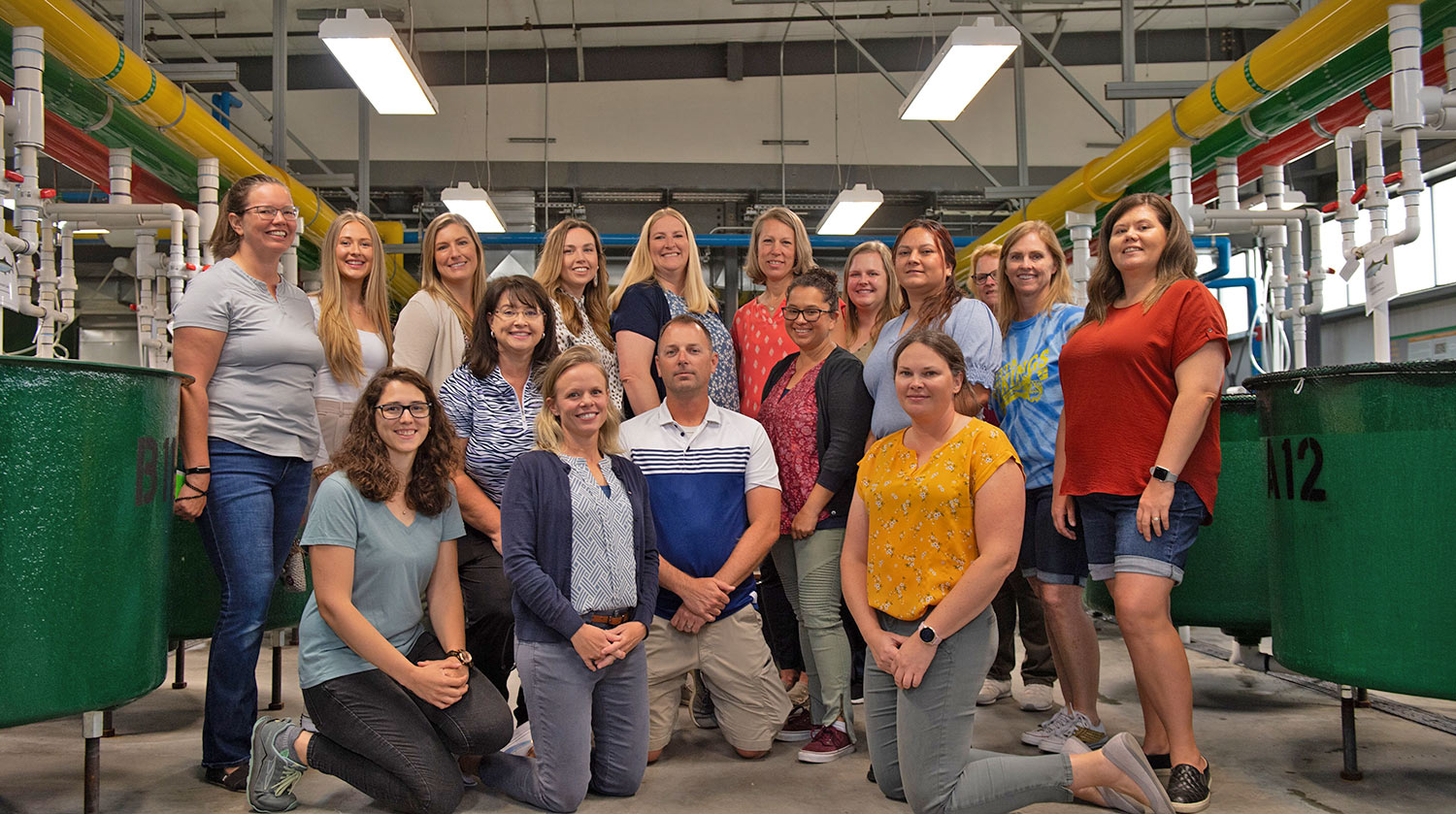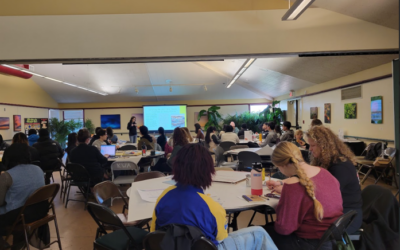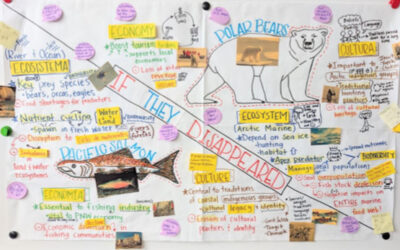In an effort to enhance their students’ learning experiences and promote engagement in science, 11 local teachers recently participated in the Teacher Scientist Partnership (TSP) program hosted by ESD 123 and Pacific Northwest National Laboratory (PNNL).
These educators, who are part of the salmon in the classroom program, dedicated a week to delve into the Next Generation Science Standards (NGSS) and explore the necessary shifts in learning to foster student engagement.
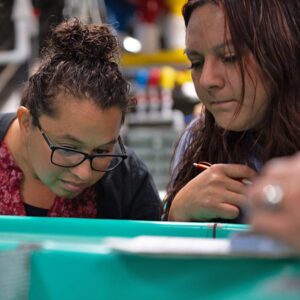
Fish Respiration Lab
The salmon in the classroom program has long been recognized for its effectiveness in teaching students about the life cycle of salmon. However, these dedicated teachers sought to extend the learning experience beyond the basic life cycle and delve deeper into the intricacies of salmon migration through river systems, particularly in the face of a changing climate.
Throughout the week-long TSP event, teachers eagerly embraced the opportunity to collaborate with scientists from PNNL, who provided valuable insights and expertise in the field of salmon research. By combining the knowledge and experience of educators and scientists, the program aimed to enrich the curriculum and empower students to explore the complex ecological challenges that salmon face today.
The TSP event was carefully designed to align with the NGSS, which emphasizes a phenomena based approach to science education. The participating teachers recognized the importance of aligning their teaching practices with these standards to foster a deeper understanding of scientific concepts and develop critical thinking skills among their students. Kristi Jackson, a teacher said of the experience, “The hands-on experiences are going to stick with me the most. Actually doing things myself are the best learning experiences; and I can apply this concept to my own teaching.”
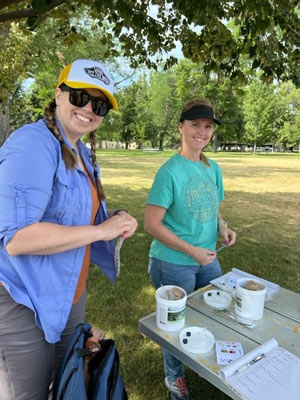
Testing Water Quality on the Snake River
During the partnership, teachers engaged in a variety of experiences such as, a tour of McNary Dam, the Aquatics Lab at PNNL, water testing at the Snake River and discussions that focused on understanding the impact of climate change on salmon migration patterns. They explored the effects of warming temperatures, changing water conditions, and the variety of technologies used and in development to monitor fish passage on our rivers and the survival of salmon populations. By examining real-world data and conducting investigations, teachers gained a firsthand understanding of the challenges faced by salmon and the importance of conservation efforts.
The collaboration between educators and scientists was a key component of the TSP program. Through this partnership, teachers not only gained access to cutting-edge research and resources but also developed a network of support that will continue to benefit them and their students in the future. By bridging the gap between the classroom and the scientific community, teachers are able to bring authentic, real-world experiences to their students, fostering a passion for science and environmental stewardship in the local community.The teachers’ dedication to deepening the salmon in the classroom experience was evident throughout the TSP program. They eagerly embraced new teaching strategies and pedagogical approaches that would engage their students and promote active learning. Gina VanHollebeke remarked, “This TSP gave me more information on how to enrich my classroom and to expose students to different career paths!” By encouraging students to think critically and explore solutions to complex problems, these educators aim to empower the next generation of scientists and environmental advocates.
As the week-long event came to a close, the participating teachers left with a renewed sense of purpose and a wealth of knowledge to share with their students. They recognized the importance of providing students with a comprehensive understanding of the challenges facing salmon and the environment, preparing them to become informed and responsible citizens.
The Teacher Scientist Partnership program hosted by ESD 123 and PNNL served as an exemplary model of collaboration between the scientific community and local educators. By combining their expertise and passion, these professionals were able to create a transformative learning experience for both teachers and students alike. Through initiatives like this, made possible by CLIME TIME funding, we can ensure that the next generation is equipped with the knowledge and skills needed to address the pressing environmental issues of our time.

